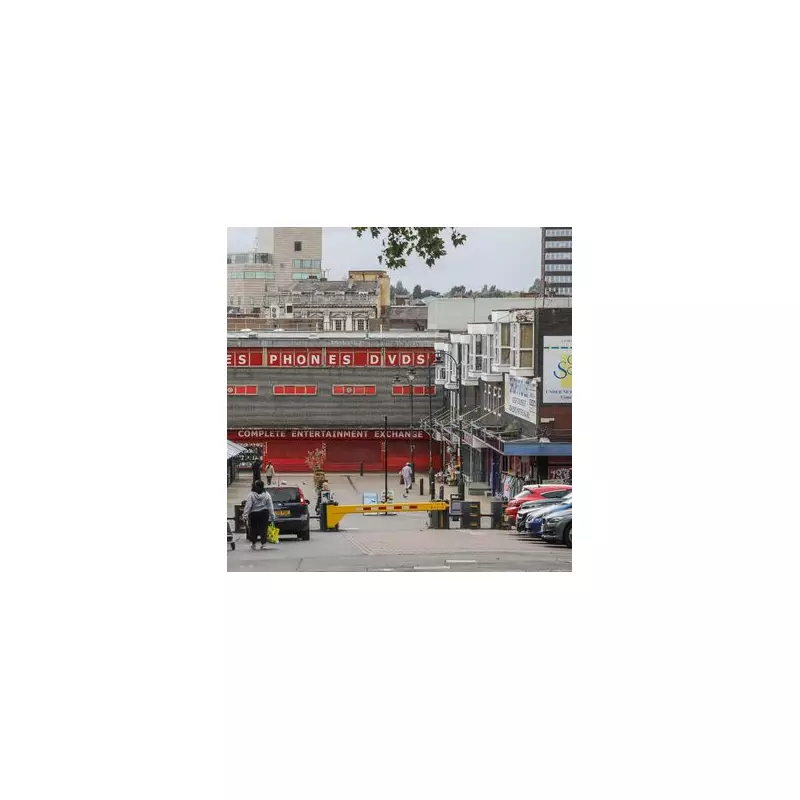
Alarming new government statistics have exposed a profound crisis of trust within British communities, with less than half of the public reporting that they feel they can trust their neighbours.
A Nation Growing Apart
The data, which has prompted serious concern from community leaders, shows that a mere 41% of people believe that many people in their local area can be trusted. Compounding this decline in social bonds, the figures also reveal that only 69% of respondents chat with their neighbours at least once a month.
Joey Fortune, the General Secretary of the Co-operative Party, raised the alarm over these findings. Speaking to the Sunday Mirror ahead of the party's annual conference, Mr Fortune stated, "These numbers should worry us all. As a nation, we feel less connected, less trusting and empowered - and the consequences of that are playing out in communities across the country."
The Erosion of Community Spaces
The Co-operative Party directly linked this erosion of community trust and connection to over a decade of disappearing local spaces. They point to the widespread closures of vital social hubs that once glued neighbourhoods together.
This includes the loss of 500 public swimming pools across England since 2010, with nearly half of those shutting their doors in just the last five years. Furthermore, the heart of many communities, the local pub, is also under threat. The Campaign for Real Ale (Camra) disclosed this year that 35 pubs featured in last year's Good Beer Guide have since been forced to close, alongside countless libraries and youth clubs.
A Call for a National Effort
The official statistics paint a broader picture of weakening social fabric. The sense of belonging to one's immediate neighbourhood has also dipped, with 61% now feeling they belong very or fairly strongly, down from 63%. More critically, the number of people who agree that locals pull together to improve their area has fallen sharply to 56%, from 62%.
Mr Fortune emphasised that strong communities are united communities and called for a concerted government effort to reverse this decline. "If we want an antidote to the hate and division we've seen on the rise, using government policy to drive up community pride should be part of the solution," he argued.
He added, "We want to see a national effort to turn the page on this decline. Reversing this downturn in community life and even driving up these numbers should be a priority for the government." Mr Fortune concluded by stating that Labour should aim to leave behind stronger and more connected communities, acknowledging that while amazing community projects exist, they often operate without proper government support.





